In the last few days of November, PUBG Mobile held the Star Challenge Global Finals in Dubai with a total prize pool of $600,000 (Rs 43,026,000).
Now, the idea of a major eSports tournament taking place in one of the most luxurious playgrounds in the world is intriguing, but if you think about it, it makes perfect sense. The city’s geographical location is ideal for an event that attracts players and fans from all over the world.
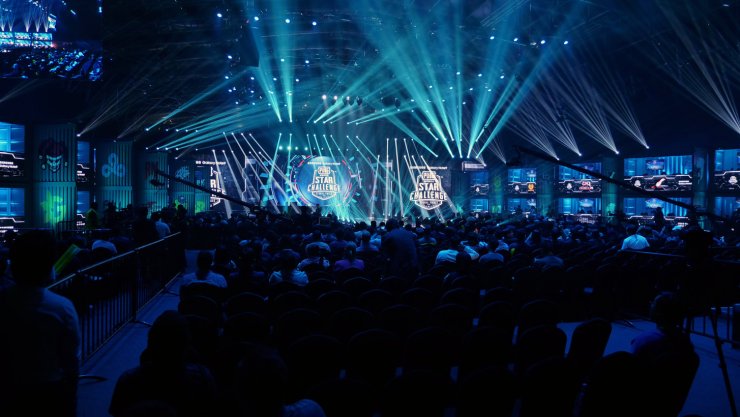
The popularity of PUBG Mobile is not limited to just one region. Thanks to the prevalence of smartphones and mobile internet on a global scale, this game has managed to reach audiences in areas where its PC and console cousins haven’t.
For example, a player who goes by the nickname HotJukes from Wildcard Gaming, a North American team, explained that he lived in a remote farm in Texas and didn’t have broadband connection, and thus couldn't play online games. However, he did have 4G, so he turned his gaze to mobile games, and that is how he found his way to PUBG Mobile.
PUBG Mobile launched only about 8 months ago, but it has already amassed a level of recognition not often seen in the mobile gaming industry. The game currently has over 20 million daily active users and recently won Google Play Store’s Best Game of 2018 award.
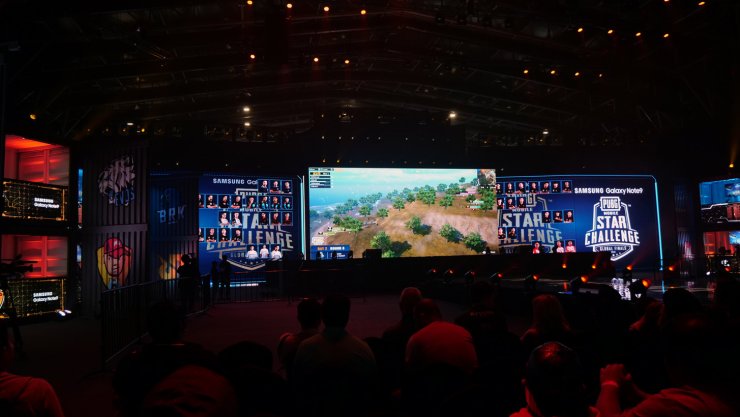
This popularity didn’t just pop up out of nowhere. Before Chinese game studio Tencent Games ported the online shooter to mobile, it was already a highly-acclaimed title on PC since its 2017 release. Even before that, the battle royale genre was already blooming in other online shooters, where ambitious modders invented the rules.
The concept is very straightforward: 100 players are dropped on a secluded island, and the last man (or woman) standing wins. The size of the island is massive, but there’s a “circle of death” that continually shrinks throughout the match, forcing players to cramp together in an increasingly smaller area. Everyone starts completely bare-handed and has to scrounge through the many abandoned buildings on the map to get weapons and armor to improve their chance of winning. The game can be played solo, in duos or squads of four. Again, a simple concept, yet it has somehow kept millions of people hooked.
In Dubai, 20 best teams in the world of four competed over the course of 3 days for the chance to win a cut of the prize pool. Right from the start, it was obvious that Tencent put a lot of dedication into this.
They went so far as to secure the Dubai Festival Arena as the venue for the event, and it ended up packing nearly 5,000 enthusiastic fans from all across the globe. Just like with the PUBG Global Invitational, the stage was sophisticatedly adorned with props and big-screen displays. One could almost forget that all the crazy things happening on those massive screens were being played on smartphones.
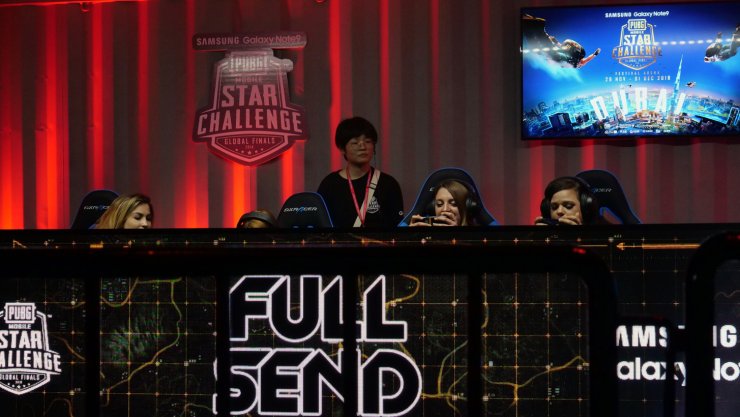
The idea of competitive mobile gaming drew a lot of skepticism from many people, but the PMSC Global Finals shattered them all to pieces. The entire tournament was expertly organized. The contenders were seated in booths set along the sides of the place, and the audience could watch what was going on through a giant LED screen at the center. There were blinders to prevent the players from cheating by peeking at what the audience could see.
Each day of the championship witnessed players competing in four different matches with the goal of winning as many points as possible. In the first and third days, games were played in first-person perspective, whereas it was third-person mode for the second day.
The big screen in the middle made it easy for fans to follow the hectic events. It constantly switched between players to ensure that the audience didn’t miss a second of the action. There were also three commentators to help viewers make sense of what was happening on the chaotic battlefield. The entire setup was incredibly professional.
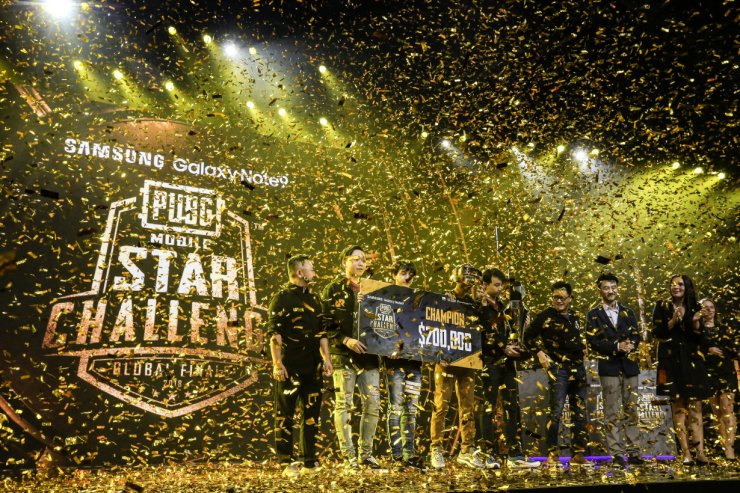
In interviews, participating teams also shared various insights, mainly regarding the differences between regions. Most players seemed to agree that there is a big discrepancy between Western and Eastern teams in term of tactics. Generally the latter favored a more aggressive approach. They took little time to find the best equipment instead preferred to rush their opponents immediately.
This strategy turned out to be pretty effective in the end. When the tournament concluded, the top three spots were dominated by Asian teams. RRQ Athena from Thailand brought home the title of champions and the $200,000 prize, followed by two Chinese teams, CPT and LH. Douyu, which earned $100,000 and $50,000 respectively.
With the exception of some technical difficulties on the last day, the entire event was a huge success. It attracted 60 million viewers on stream and nearly 5,000 in Dubai. It’s amazing to see how far a game that was just launched in March has gone in only nine months. After all, who would expect a game played on a tiny screen, with touchscreen controls, to become such a major eSports subject? Yet now it has, it’s unlikely to be going anywhere anytime soon.
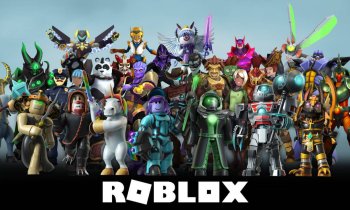


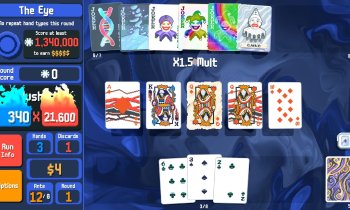






Comments